2026's Most Powerful SEO Techniques for Organic Traffic
Do you want to drive more organic search traffic to your website and improve your search rankings? In the ever-evolving world of SEO, your SEO strategies are always being stress-tested through experiments is crucial for long-term continuity in your SERP visibility.
In this blog post, we’ll explore the most powerful SEO techniques of 2026, providing you with actionable SEO tips and strategies to boost your online presence and get more traffic ultimately.
The diagram below outlines core objectives to follow.
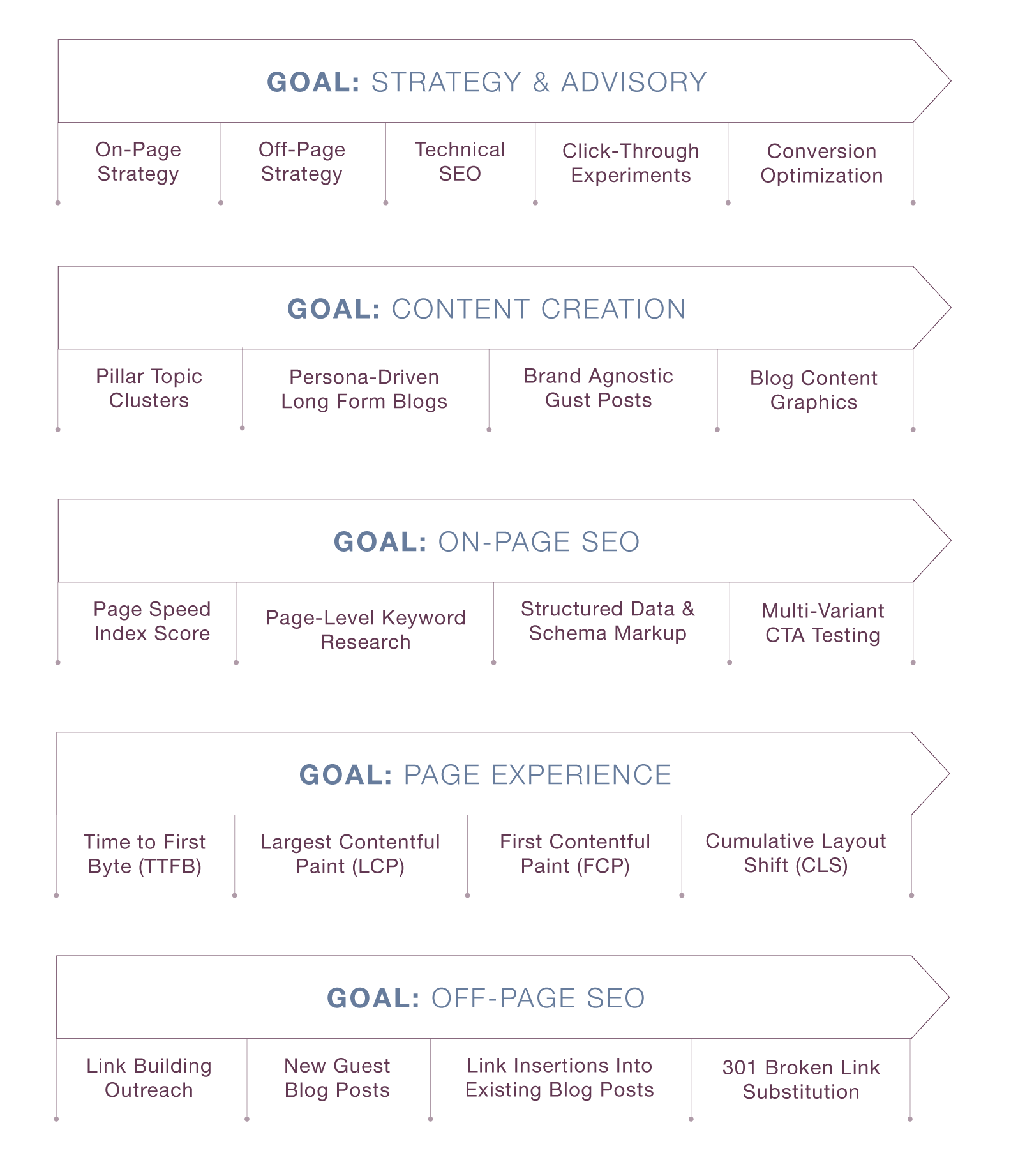
Short Summary
-
Master intent-based keyword-based research for successful SEO and increased visibility.
-
Utilize on-page elements, search intent understanding & UX to improve website conversions.
-
Track success to optimize strategies, measure effectiveness & maintain high search rankings.
Mastering Keyword Research

Effective SEO strategy starts with a deep understanding of research and user intent.
Mastering the art of identifying relevant keyword phrases and concepts, as well as high-performing keywords across various search engines, is crucial. Conducting thorough research enables you to precisely target these keywords and phrases, crafting content that not only engages your target audience but also ranks well in organic search results through strategic SEO implementation.
Grasping how search engines evaluate your content based on expertise, authority, and trust (EAT) is vital. This understanding underscores the significance of selecting the right keywords, using appropriate tools, and comprehending how search engines interpret your on-page content and its underlying intent. Establishing this knowledge base is fundamental in building a robust and effective SEO strategy.
Importance of Keywords
Keywords are a crucial component of your website's SEO effectiveness. They enable search engines to understand your content and align it with user search queries.
Long-tail keywords, which are specific and extended phrases, are especially valuable. They have a higher likelihood of ranking and attract more pertinent traffic to various pages on your site.
Strategically incorporating these long-tail keywords into your URLs, image alt tags, and avoiding excessive keyword usage are key practices in optimizing advanced on-page SEO.
The role of backlinks and internal linking cannot be overlooked. Using descriptive anchor text for internal links is vital for guiding both search engines and users through your site. This practice aids search engines in identifying your most crucial pages.
Understanding Search Intent
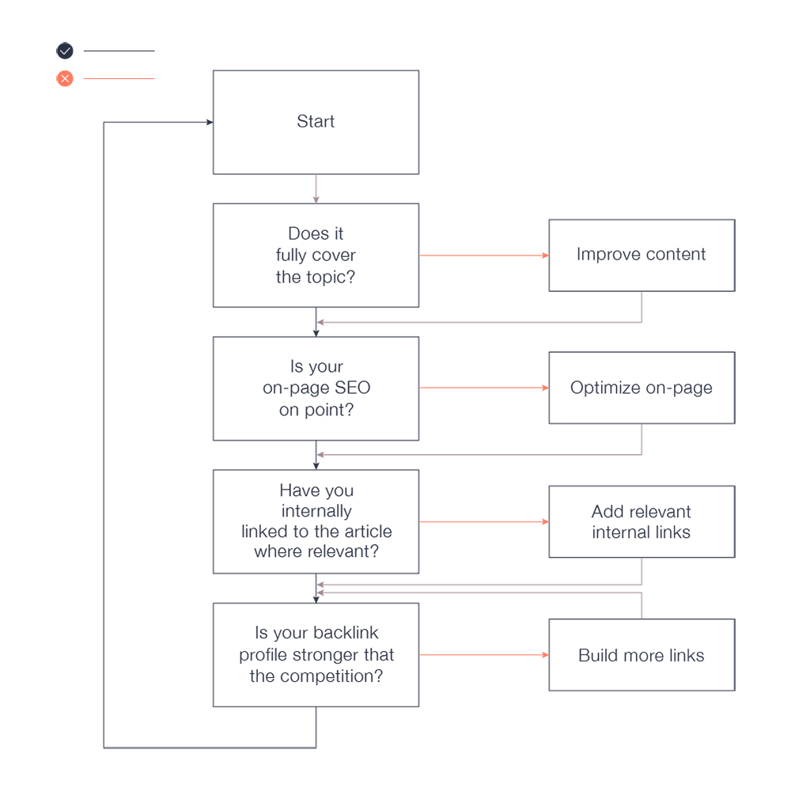
To develop content that meets user needs and achieves high rankings in search engine results, it is imperative to first grasp Google's mechanisms, such as its search results algorithms, crawling bots, indexing process, and user intent. This requires an understanding of what users aim to accomplish when they initiate a search on Google, as well as an analysis of the context and specific wording of their queries, enabling search engine bots to discern their purpose.
Utilizing Google Search Console is beneficial in obtaining insights into the search terms users are employing, which in turn helps in better catering to their intent. Features like "People Also Ask" and "Related Searches" within the Search Engine Results Pages (SERPs) can be instrumental in determining user intent through the analysis of query grouping, sequence, and the usage of prepositions.
Keyword Research Tools
To find high-performing keywords and analyze competition, you can use research tools like SEMrush, Ahrefs, and Google Keyword Planner. SEMrush, for example, is designed to help increase organic website traffic and rankings.
These tools can also assess search volume and competition levels for targeted keywords, providing valuable insights for your SEO strategy. By conducting keyword gap analysis, you can identify keywords your competitors rank for but you do not, thus uncovering new opportunities for growth.
Optimizing On-Page Elements
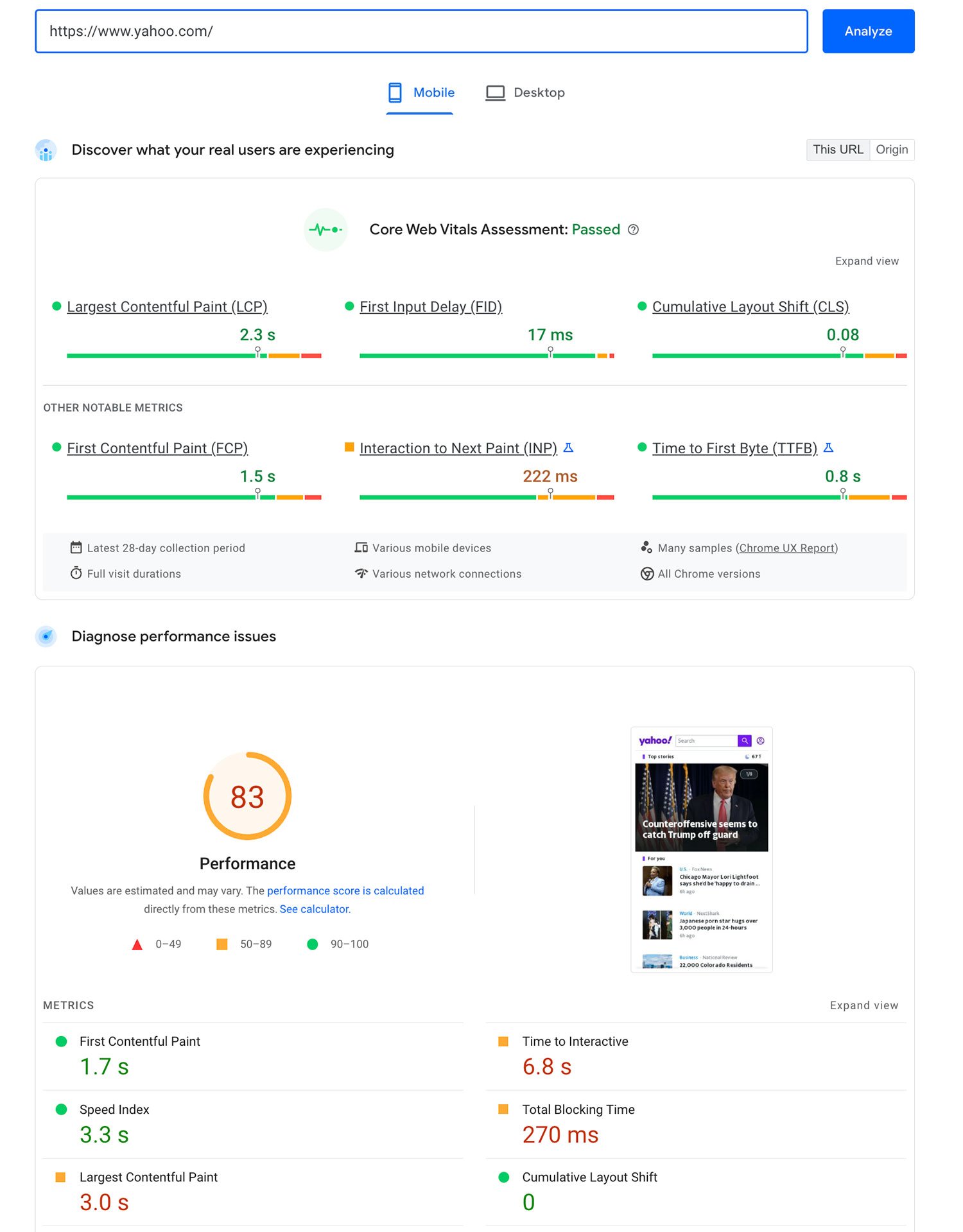
Optimizing on-page elements is essential for improving visual page content search-based engine rankings and user experience. When you focus on elements like core web vitals like page titles, meta descriptions, header tags, images, and featured snippets you ensure your visual page content is easy for both users and a search-based engine to understand.
A well-optimized landing page that can not only rank the particular page higher in search-based results but also attract more visitors and increase user satisfaction.
Page Title Tags & Meta Descriptions
Title tags are crucial HTML elements that specify the title of visual web page or content a webpage, appearing in the browser’s title bar and search engine results pages (SERP). Including a target keyword or several targeted keywords or keyword phrases and crafting unique, compelling titles are vital for SEO success.
A well-written title tag accurately describes your content and entices users to click on your search result, contributing to better SERP rankings and higher click-through rates.
"Meta description: The descriptions in the on and off on-page SEO guide serve as brief summaries of a section on on-page SEO or the title of SEO. These summaries are prominently displayed both on the on-page SEO itself and beneath its title when the on-page SEO is searched in a search bar. They provide a concise overview of what’s on-page SEO about the part on-page SEO. While meta descriptions are not a direct ranking factor, they can significantly enhance click-through rates (CTR).
An engaging and informative meta description encourages users to click on your search result, potentially leading to higher search rankings. Keep your meta descriptions concise and under 150 characters to ensure optimal visibility.
Header Tags
Header tags are HTML tags used to structure content on a webpage, ranging from h1> to h6>. They are invaluable for advanced SEO and site visitors by organizing page title content and providing context. To make the most of header tags, use them for a page's title content in a logical order, incorporate keywords, and keep them concise.
Proper use of header tags can assist search engines in understanding the structure and content of the pages on your website, on-page SEO, or webpage, leading to a better Google ranking.
This can result in higher visibility Google rankings in search results and ultimately a higher click-through rate to increase organic SE traffic to your site's pages and website.
Image Optimization
Optimizing images is crucial for improving site speed and user experience. By compressing images, using descriptive file names Google images, and adding image alt text along Google images along with targeted keywords, you can enhance your website’s performance first page, and SERP rankings.
Image alt-text is particularly important, as it provides search engines with information about the content of alt text in the image and can boost your search marketing ROI.
Humanizing AI-Generated Content
As AI tools like ChatGPT become more prevalent in content creation, maintaining a natural and authentic tone has become a challenge. That’s where AI humanizer tools come in. These tools help rewrite or refine AI-generated text to sound more human, reducing the robotic tone often associated with machine-written content. When used alongside originality checkers and grammar tools, AI humanizers can significantly enhance the readability and trustworthiness of your SEO content—helping it better connect with readers while maintaining search relevance.
Enhancing User Experience (UX)
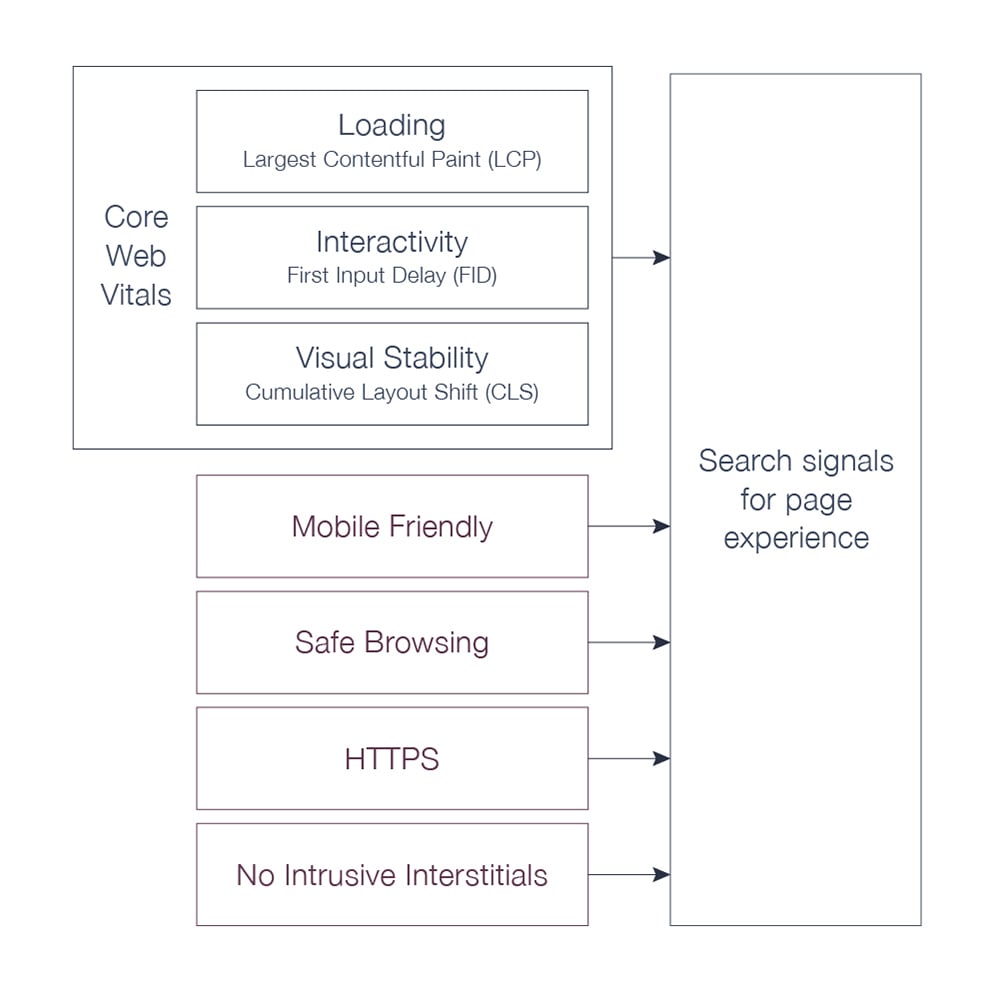
An exceptional user experience (UX) is vital for improving your Google and other search engines' results, your SERP rankings and user satisfaction. By focusing on site speed, mobile-friendliness, and easy navigation, you can ensure your website caters to the needs of your visitors and ranks well on search engines.
A well-optimized UX can lead to increased user engagement and higher conversion rates.
Site Speed
Improving site speed, including page speed, is essential for enhancing user experience and SERP rankings. Optimize your website’s page speed, by compressing images, utilizing caching, and minimizing HTTP requests.
Faster-loading websites not only rank higher in search results, but also provide a better user experience, which can lead to increased engagement and conversions.
Mobile-Friendliness & Easy Navigation
As more users access websites via mobile devices, it’s crucial to ensure your website is also mobile device-friendly. Implement responsive design, enhance site speed, and prioritize user experience across devices to cater to the growing mobile audience.
A mobile-friendly website can rank higher in search results and attract more organic site traffic, ultimately leading to increased user satisfaction and conversions.
Clear and intuitive site navigation is essential for helping users find the information they need quickly and efficiently. By creating a well-structured site with easy-to-use navigation, you can improve user experience and SERP rankings.
A well-organized website allows users to find the information they’re looking for on each web page, increasing user engagement and satisfaction on web pages.
Building High-Quality Backlinks
High-quality backlinks are crucial for improving your website’s domain authority, and search rankings. By employing techniques such as guest blogging, the skyscraper technique, and broken other link-building strategy, you can attract valuable backlinks and enhance your online presence.
A top blog post and robust backlink profile can lead your blog post to higher Google search results, engine rankings and increased website traffic quality.
Guest Blog Post
Guest blogging offers a strategic approach to acquiring valuable backlinks and increasing visibility by submitting quality content to well-regarded websites within your industry. Producing high-quality, pertinent content and leveraging your social media platforms for promotion can help solidify your authority and draw new traffic to your website.
To excel in guest blogging, it involves identifying suitable websites for contribution, crafting compelling content, and ensuring it is fine-tuned for SEO effectiveness.
Skyscraper Technique
The skyscraper technique is centered around producing content that excels beyond the current standard in both quality and comprehensiveness, thereby earning backlinks from sources with high authority.
This method entails identifying well-received content within your field, crafting superior material, and strategically promoting it to an appropriate audience. Employing the skyscraper technique can enhance your search engine rankings and increase organic traffic.
Utilizing this approach effectively elevates your website's visibility and expands your reach to a broader audience.
Broken Link Building
Broken link building is a technique where you locate broken links on relevant websites and propose your content as an alternative to acquire backlinks.
This involves searching for non-functioning external and internal links within your industry and contacting the website owners with an appropriate alternative link. By doing so, you can secure valuable backlinks and enhance your website's SEO standing.
Employing a broken link building strategy is a potent method to boost your website's visibility and enhance its domain authority.
But if you aren’t sure what link-building strategy to choose, you might need to consult with specialists, whether it’s a freelancer, an agency, or a directory that can make more effective backlinks for your website.
Leveraging Content Marketing
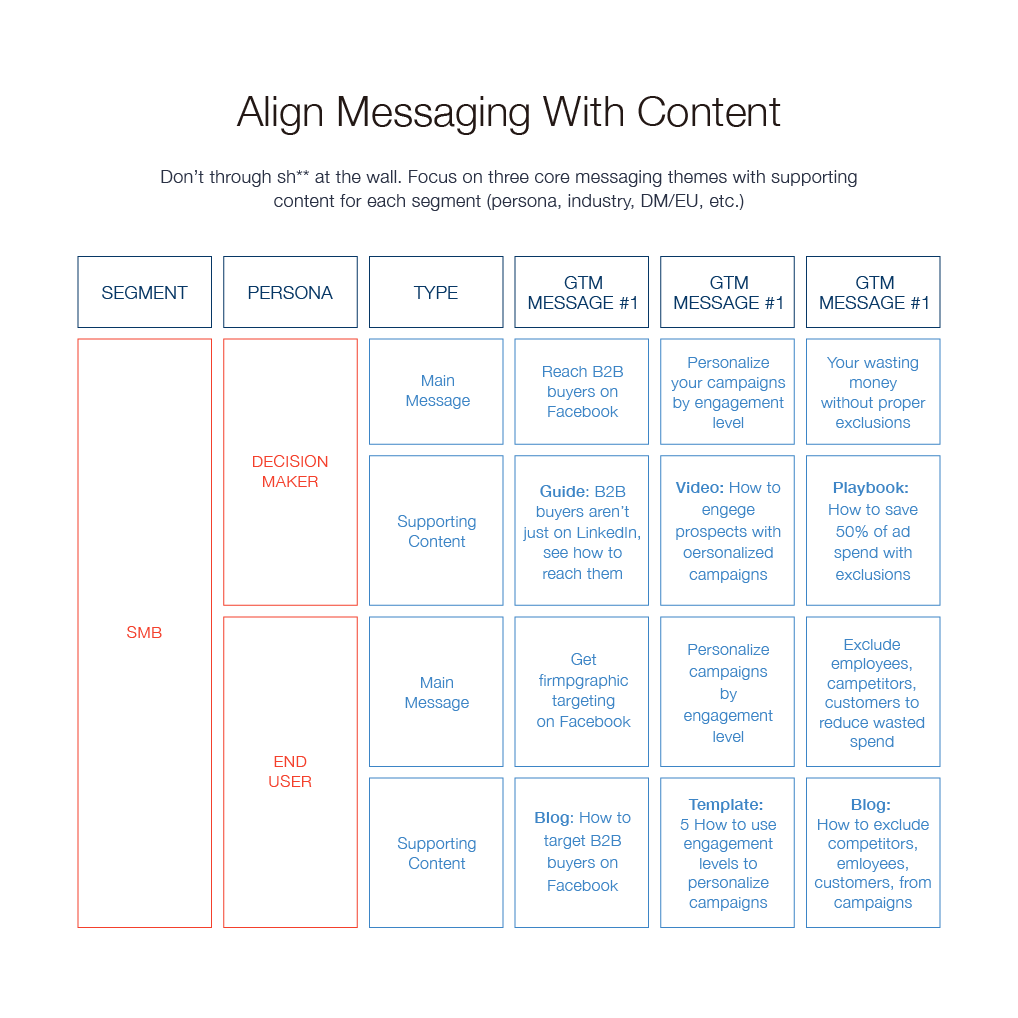
Content marketing is the process of creating and distributing valuable content to attract and engage your target audience. By producing high-quality blog posts, cornerstone content, and shareable content, you can attract more website visitors and improve your SERP rankings. A well-executed content marketing strategy can lead to increased brand awareness, user engagement, and conversions. Be careful with the rise of ChatGPT many writers are just copying and pasting the text from ChatGPT which is risky for your business, use an AI detector like Originality ai to ensure your content is original.
Blogging
Regularly publishing informative and engaging content is essential for targeting relevant keywords and providing value to your audience. If you're writing an educational blog around the "write my dissertation" keyword, quality content plays a crucial role in reaching your goals. By optimizing your blog post for SEO and promoting it on social media, you can attract organic traffic and improve your SERP rankings. Successful blogging requires research, content creation, and optimization.
Cornerstone Content
Cornerstone content represents in-depth, high-value material that addresses key subjects comprehensively, forming the bedrock of your website's content strategy.
Crafting cornerstone content that is extensive, informative, and unique positions your website as a trusted authority on specific topics. This approach also aids in optimizing for core web vitals. In the long run, such content can enhance your website's rankings on search engine results pages (SERPs) and attract more visitors to a particular page.
Shareable Content
Producing shareable content encourages social media sharing and attracts backlinks, further enhancing your online presence.
Creating content that resonates with your target audience is essential for success. It should be informative. Through creating content that evokes an emotional response, such as infographics, videos, and engaging articles, you can increase the likelihood of your content being shared and attract more organic traffic to other pages on your website.
Harnessing the Power of Social Media
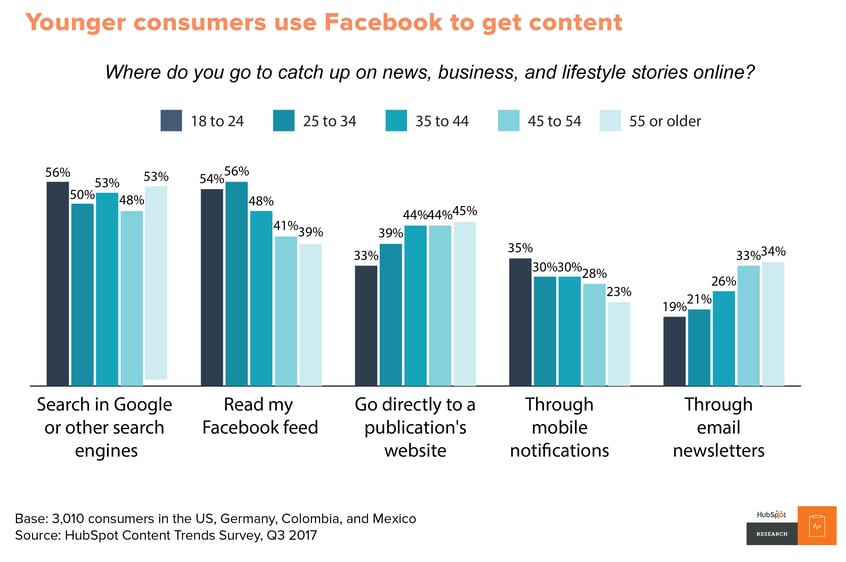
Social media holds significant potential in enhancing your online footprint and SEO. Promoting social sharing, refining your social media profiles, and partnering with influencers can elevate your brand's visibility, draw organic search traffic, and boost your positions in search engine results pages (SERPs).
Executing a strategic social media plan can result in heightened user interaction, improved conversion rates, and ultimately, contribute to the success of your business.
Social Sharing
Promoting social sharing plays a crucial role in establishing a robust online presence. Integrating share buttons into your content and actively promoting it across your social channels can boost its exposure and drive additional organic traffic to your website.
Having a solid social media presence can enhance brand recognition, engage users more effectively, and contribute to improved rankings on search engine results pages (SERPs). This tends to be less relevant for professional services, for instance SEO for lawyers may lean more heavily on social media ads compared to organic social media engagement.
Social Media Profiles
Fine-tuning your social media profiles with pertinent keywords and linking them to your website can heighten your online visibility and draw more traffic. Keeping an active and consistent profile on social media platforms helps build trust and credibility with your audience, which can lead to greater engagement and higher conversion rates.
Staying Updated on Algorithm Changes To Search Engines
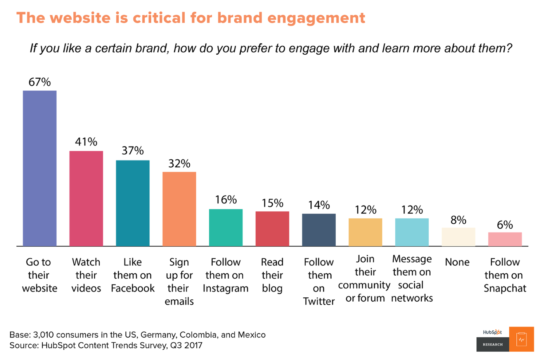
In the ever-changing world of SEO, staying updated on the latest trends and algorithm changes is vital for maintaining high search rankings.
By monitoring Google's search results and algorithm updates and following reputable SEO news sources, you can adapt your strategy accordingly and ensure your website remains competitive in SERP.
Google Algorithm Updates
Google search and updates its algorithm approximately 500-600 times per year, making it essential to stay informed of these changes. Monitoring how Google searches and algorithm updates help you understand their impact on your website’s search performance and adapt your strategy accordingly.
Staying updated on algorithm changes enables you to make necessary adjustments to maintain or improve your search rankings.
SEO News Sources
Following reputable SEO news sources, such as Journal, Search Engine Roundtable, and Search Engine Watch, can help you stay informed about the latest trends and best practices in SEO. When you stay up-to-date with the latest information, you can ensure your SEO strategy remains effective and adapt to any changes in the industry.
Adapting to Algorithm Changes
Modifying your SEO approach in response to evolving search algorithms and user patterns is vital for sustaining top search rankings and drawing organic traffic to your site. Engaging in keyword-focused research and keeping abreast of the latest SEO trends and algorithm shifts allows you to pinpoint areas for enhancement and tailor your strategy effectively.
Consistently reviewing and refining your SEO tactics ensures that your website stays competitive and prominent in search engine results pages.
Tracking and Measuring SEO Success
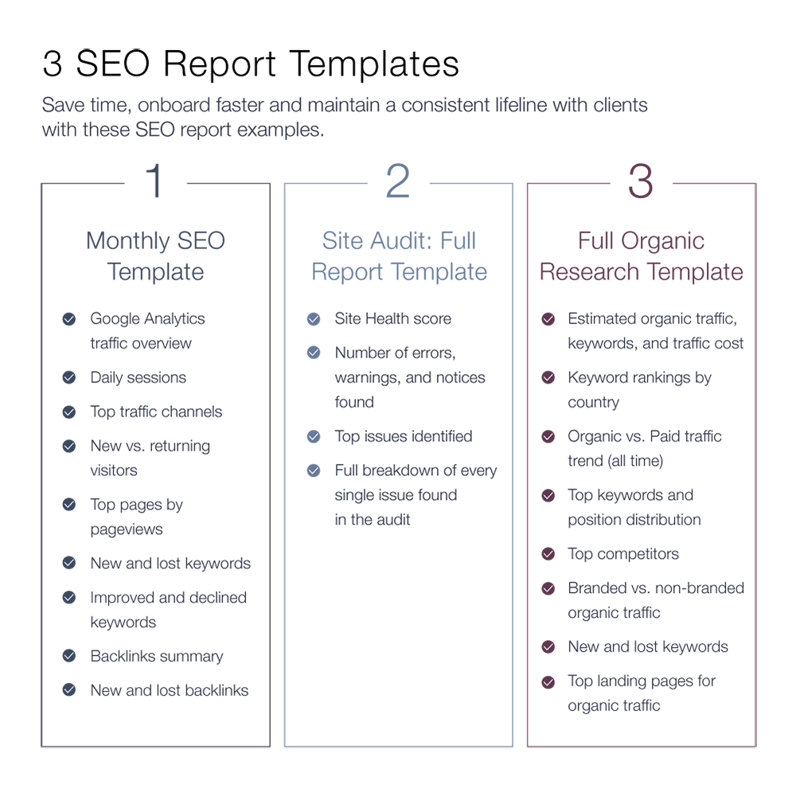
Monitoring and assessing the progress of your SEO initiatives is essential to determine their impact and discover opportunities for enhancement. Utilizing resources such as Google Analytics enables you to track organic traffic, user engagement, Google Ads performance, and conversion rates. This insight allows for the fine-tuning of your approach to uphold strong search rankings.
Access to accurate data empowers you to make well-informed choices regarding your SEO strategy, ensuring the effectiveness of your efforts.
Google GA4 Analytics
Google's latest GA4 Analytics suite serves as a potent instrument for observing and evaluating your SEO activities. It enables you to track key metrics like organic search traffic, user interactions, and conversion rates, providing insights into the success of your SEO tactics and highlighting potential areas for enhancement.
Consistently analyzing your data in Google GA4 Analytics facilitates informed decision-making, allowing you to refine your website for improved search engine performance.
Search Engine Optimization Takeaways
In summary, keeping abreast of the most recent SEO strategies and developments is fundamental for increasing organic traffic to your website and elevating its position in search rankings.
Developing expertise in keyword-focused research, refining on-page factors, improving user experience, acquiring premium backlinks, leveraging social media effectively, staying informed about ongoing SEO trends and algorithm updates, and diligently tracking and evaluating the effectiveness of your SEO initiatives are key steps. These actions are crucial to enhancing your digital footprint and securing sustained success in the online landscape.
Common Strategic SEO Technique Questions
What Are Common SEO Techniques?
The most common SEO technique toolkit includes creating high-quality content, optimizing for targeted keywords, building backlinks, and improving website usability and performance. Implementing these SEO Tip and strategies, and always avoiding the temptation to keyword stuff on your website can become more visible to search users, thus resulting in higher rankings.
What are the 4 types of SEO?
SEO can be broken down into 4 distinct types of SEO: technical, on-page, off-page, and content optimization. Technical SEO is concerned with ensuring a website’s infrastructure and back-end coding are optimized for Google's crawl bots.
On-page SEO methods focuses on ranking factors and optimizing page elements such as first-page anchor text, meta descriptions such as title tags, headings, meta descriptions, and URLs for target keywords.
Off-page SEO is related to a strategy known as link building, using backlinks from other websites to add internal links and external links. Content optimization revolves around creating useful, relevant content that appeals to your target audience.
What are the 3 C's of SEO?
Content, Coding, and Connections. In order to be successful with SEO, you must focus on the 3 C’s: content, coding and connections. A strong emphasis on these three components is key to achieving higher rankings and visibility.
What is SEO methodology?
SEO is a methodology used to improve the visibility and ranking of websites in SERP. It involves optimizing content, technical factors, and off-page strategies to drive organic traffic to a website.


